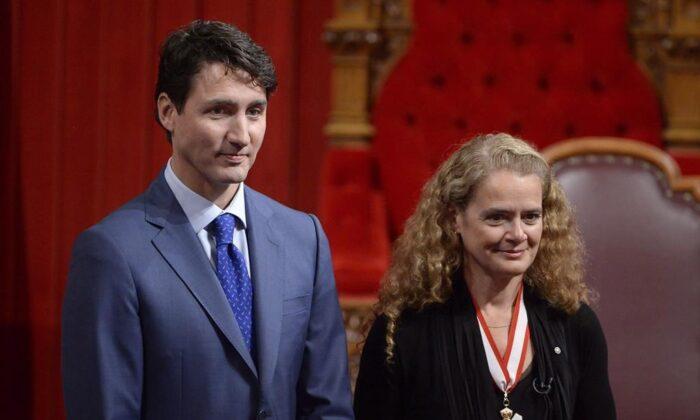A private member’s bill that seeks to ensure governors general do not qualify for lifetime pension and expense reimbursement programs unless they fully serve their term has been introduced by Conservative MP Marilyn Gladu.
Bill C-305, An Act to amend the Governor General’s Act, proposes that governors general be eligible for the customary pension and benefits after leaving their post only if they held office for at least five consecutive years.





